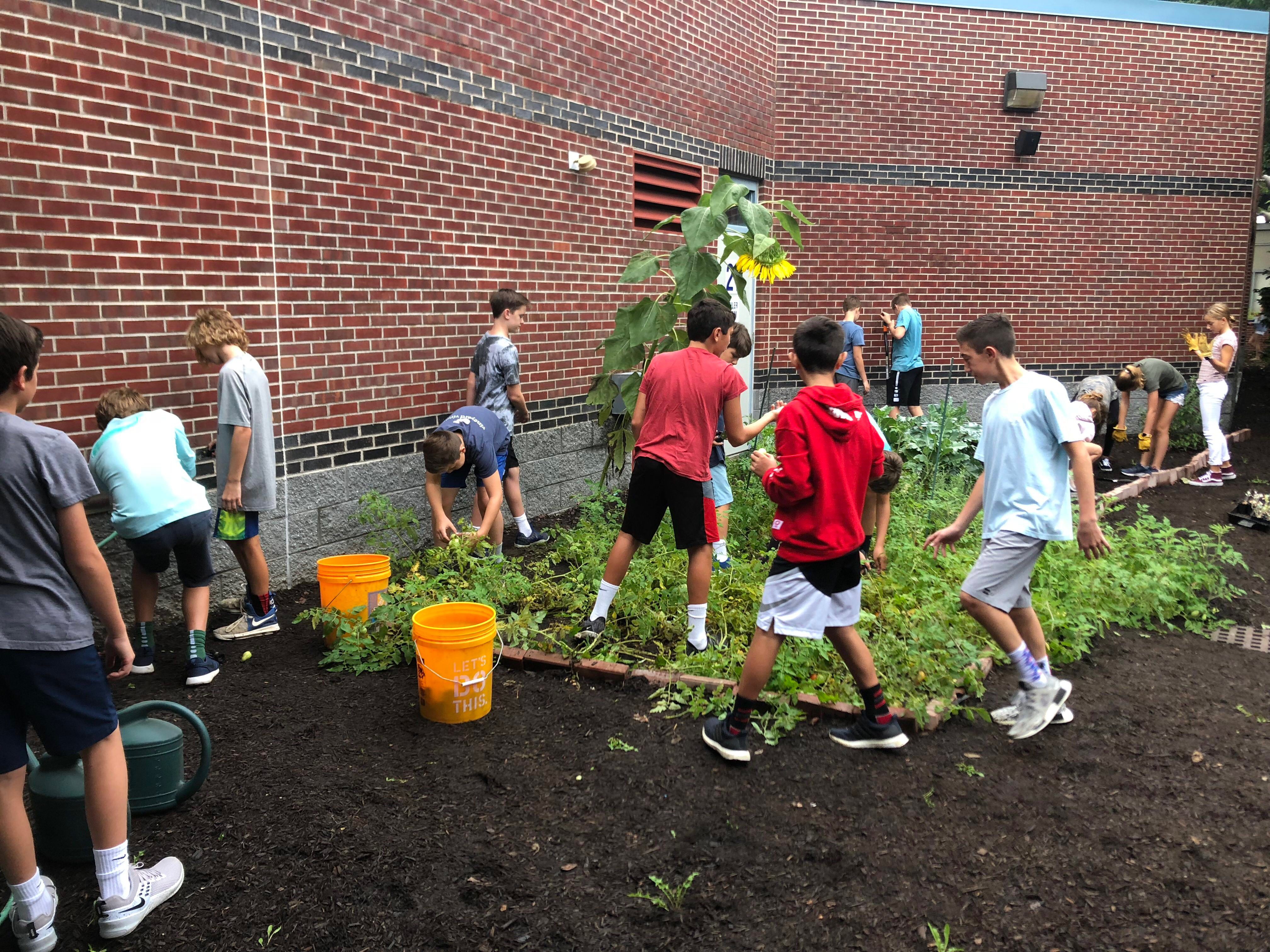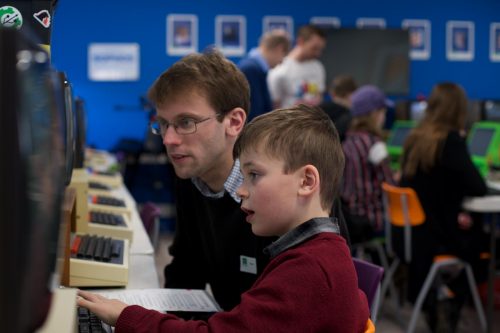Schlagwort: schools
-

Using data to help a school garden
Reading Time: 7 minutesChris Aviles, aka the teacher we all wish we’d had when we were at school, discusses how his school is in New Jersey is directly linking data with life itself… Over to you, Chris. Every year, our students take federal or state-mandated testing, but what significant changes have we made to their…
-

The National Centre for Computing Education: your questions answered
Reading Time: 6 minutesLast week was a very exciting week for us, with the announcement of the National Centre for Computing Education: funded programmes for computing teachers and students for the next four years, to really support the growth and profile of our subject. For me and many others involved in this field over the…
-

A world-class computing education
Reading Time: 4 minutesI am delighted to share some big news today. The Raspberry Pi Foundation is part of a consortium that has secured over £78 million in government funding to make sure every child in every school in England has access to a world-leading computing education. National Centre for Computing Education Working with our…


